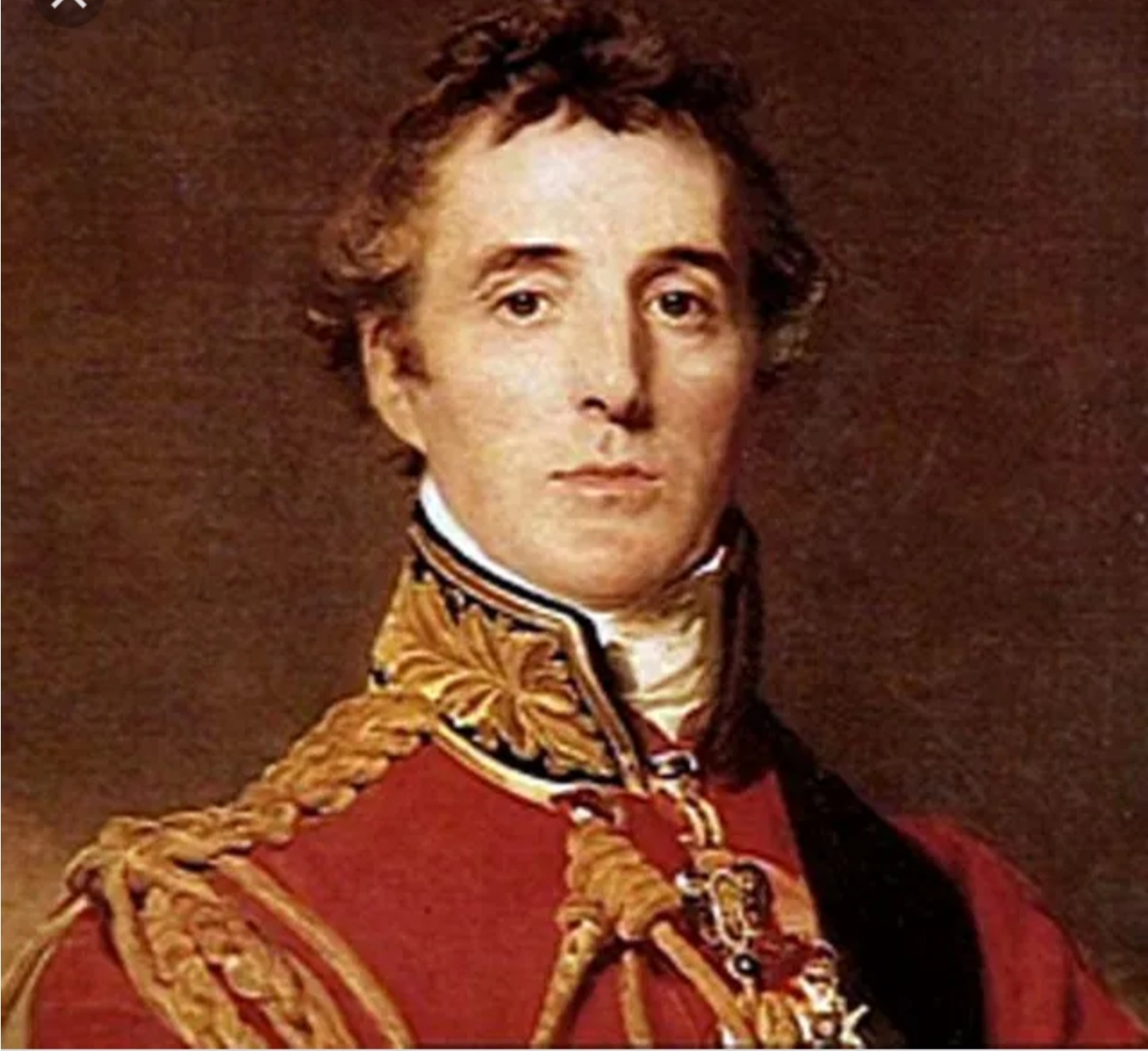Max Müller, a German scholar, played a significant role in the study of Indian history, culture, and religion. His contributions have had a lasting impact on the understanding and appreciation of Indian civilization. However, it is important to note that Müller's views and interpretations were not without controversy, and his work can be seen within the context of colonial attitudes and the broader field of Orientalism.
Max Müller's engagement with India primarily revolved around his studies of ancient Indian texts, particularly the Vedas. He dedicated a significant part of his career to translating and interpreting Vedic literature. His translations helped make these ancient texts more accessible to a wider audience, both within and outside of India. Müller's work was influential in fostering an interest in ancient Indian philosophy, religion, and literature in the Western world.
One of the key contributions of Müller was his emphasis on the importance of comparative mythology and comparative religion. He believed that by comparing various mythologies and religious traditions, one could uncover common elements and underlying truths. This approach influenced subsequent generations of scholars and helped create a foundation for the academic study of religions.
However, it is worth noting that some of Müller's views and interpretations have been criticized for their biases and colonial context. Müller saw Indian civilization as inherently different and inferior to Western civilization, and he viewed Hinduism as a primitive and decaying religion. His perspectives were influenced by the prevailing colonial attitudes and Orientalist discourses that often portrayed non-Western cultures as exotic or backward.
Despite these criticisms, Müller's work remains significant in the history of Indology and the study of Indian culture. His translations and studies laid the groundwork for future scholarship, and his efforts contributed to a broader awareness and appreciation of Indian heritage. It is important, however, to approach his work critically, recognizing the limitations of his perspectives and the broader colonial context in which he operated.













